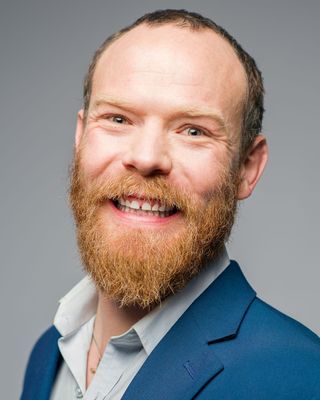Node Smith, ND
What follows are ideas, questions, and food for thought. While they certainly stem from my own personal opinion, what is offered is part of a conversation that each and every student, faculty member, school administrator, and the profession as a whole would be well served to entertain, both in our own hearts and minds, as well as together as an academic community.
I recently came across the Canadian College of Naturopathic Medicine’s (CCNM) announcement of a projected Early Entry Pathway. It would allow qualifying students to be offered conditional acceptance to CCNM in their second year of undergraduate study. Upon completion of their degree they would be able to enroll directly into the CCNM naturopathic doctorate program.
On the surface, this sounds great. Providing an avenue to seamlessly transition from their pre-med program directly into a naturopathic program could save many students the frustration of administrative downtime following undergraduate completion. This seems smart, something every graduate program should do. Why wouldn’t every naturopathic program create this avenue for students to complete their studies as quickly as possible, and begin their careers?
Perhaps there is a legitimate reason not to read this as a rhetorical question. Perhaps there is a reason to take a more measured approach in accepting applicants into a naturopathic medical program.
The Multidisciplinary Nature of Naturopathy
In a general sense, quickening the pace at which students move from one program to another could undermine a foundational aspect of naturopathy, from an academic standpoint: multidisciplinarianism.
A fast track program might be great for industries such as engineering, business, and computer science. Any advanced degree program that exists within a siloed area of study and doesn’t require experience in other disciplines is a great idea to expedite. To a large degree, conventional medicine falls into this category.
Naturopathic medicine, however, certainly does not fall into this category.
The best naturopathic doctors are not those who graduate as quickly as possible, with limited life experience, and an education depth consisting only of biomedical track requirements. The best naturopathic doctors, colleagues who we look up to and want to mentor with, are those with rich and vibrant life experience, often with extensive educational backgrounds before they even enter medical school.
A holistic medical paradigm is inherently multidisciplinarian, at the very least incorporating social sciences, psychology, and biomedicine. There is not one naturopathic doctor who would argue with this. There are likely a lot of other disciplines we could add to this list to address the subtlety and art of naturopathic medicine: spirituality, anatomy/physiology, athletics, ecology, botany, chemistry, business, and bioenergetics. Of course, this is an incomplete list, and every naturopathic doctor will have proficiencies in areas of study with which they most resonate, creating the varied and eclectic profession of naturopathy.
The point is not which disciplines are championed and taught. The point is not even championing the multidisciplinary nature of naturopathy. The point is to acknowledge the multidisciplinary nature of the field as a reality.
Acknowledge this Reality
If we acknowledge this reality, then our academic programs would serve students more appropriately by supporting their experience and training in areas outside the biomedical silo of expertise. Making it possible to complete a program faster is a questionable method to facilitate this support, and may in fact contradict the level of excellence CCNM is trying to produce.

Node Smith, ND, is a naturopathic physician in Humboldt, Saskatchewan and associate editor for NDNR. His mission is serving relationships that support the process of transformation, and that ultimately lead to healthier people, businesses and communities. His primary therapeutic tools include counselling, homeopathy, diet and the use of cold water combined with exercise. Node considers health to be a reflection of the relationships a person or a business has with themselves, with God and with those around them. In order to cure disease and to heal, these relationships must be specifically considered. Node has worked intimately with many groups and organizations within the naturopathic profession, and helped found the non-profit, Association for Naturopathic Revitalization (ANR), which works to promote and facilitate experiential education in vitalism.


